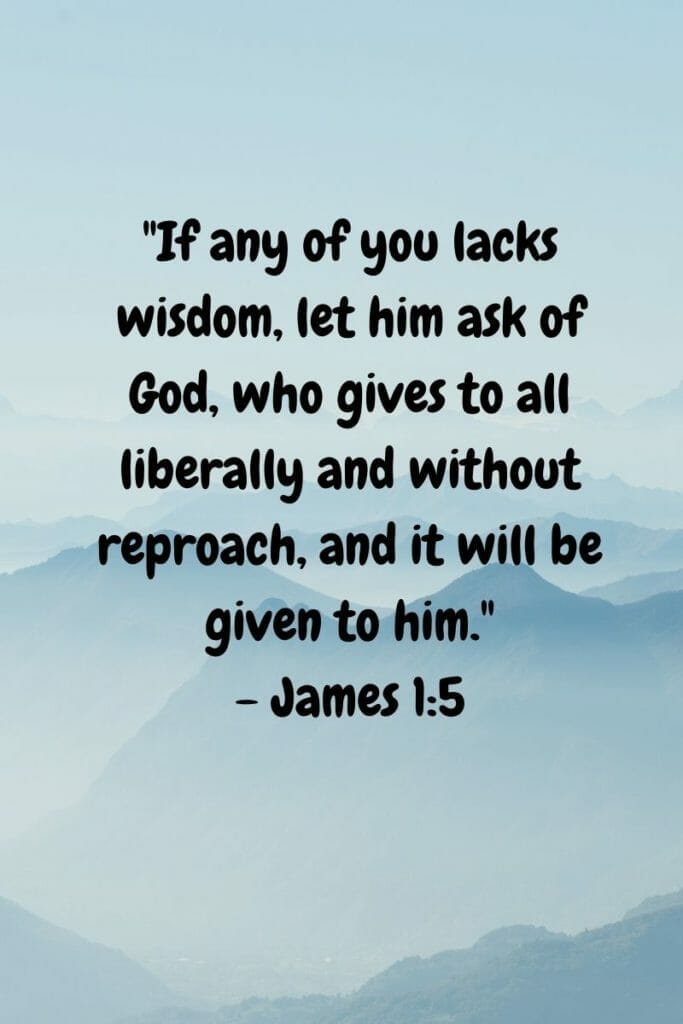
I’m learning to love the Discovery approach to Bible reading.
My small group and online Bible study are taking a different tact this year. Starting with the book of Genesis, we’re reading one chapter a day. We’re reading with intentionality and expectation. Part of that process is asking key questions before and during our reading.
Here’s a general list of questions you can use as you read the Bible:
- What does this passage tell you about God? Man? Living to please God?
- What captured your attention?
- What did you like?
- Did anything bother you? Why?
- In order to obey God, what changes must you make in your life?
- What did you not understand?
- What questions came to mind?
Wait a minute
Should I question the Bible? Is God OK with me asking about the parts I don’t understand?
Oh yes! God does not disapprove of questions. Many times, within the pages of the Bible, God’s people and prophets questioned, deliberated, and even debated the Divine edicts. Most of the time, God was patient and gave them answers that they could accept.
Asking questions of any text is a beneficial study method. It helps our mind engage with the material and motivates us to interact with the Author. It admits a humility to God that we really don’t understand everything and helps us go deeper than a surface level comprehension.
As I read through Genesis 1-9, I found myself asking these questions:
- Why does the Bible begin with the creation account?
- Why was light God’s first creation?
- How could God make light when he didn’t create the sun until two days later?
- In Genesis 1:30, God said He gave every green plant for food to man and all animals. But today, many plants are toxic. Did God’s curse on the land as part of Adam’s punishment and the change in the earth after the Flood cause some plants to become toxic?
- How was the serpent able to speak?
- What change happened to mankind and the earth after Adam and Eve’s disobedience? Was the change gradual or instant?
- How was Noah able to stay righteous among such widespread wickedness? Could I stay that faithful in a hostile environment?
- How did the violence before the Flood compare to what the world is like today?
If it’s wrong to ask questions, from the looks of my list, I’m in big trouble!
Let’s go back to my questions about light.
As I mentioned, the biblical record shows that God didn’t mind when His people asked questions. He promises to give wisdom to anyone who asked. Here’s how God gave me a thimble full of insight when I asked.

I posed my light questions to my Bible study group. No one had an answer. The next day, I did research for another writing project on the science of color. Because I have a simple mind, I went to the children’s section of my local library to read children’s books about color. I quickly discovered that the science of color and light are intricately connected. If I wanted to understand how our eyes see color, I had to understand the concepts behind the creation of light.
As I read further, I learned about the electromagnetic spectrum. Visible light, the light our eyes detect, is only a narrow band within the entire electromagnetic spectrum. The rest of the spectrum include x-rays, gamma rays, infrared, radio waves, and other kinds of energy.
Did God create only visible light or the entire electromagnetic spectrum that first day?
Could we go so far as to say God created all of energy? Energy that became the foundation and building blocks for the rest of Creation? Is it possible that God used this powerful energy to create the cosmos and establish the earth in subsequent days? That the Big Bang theory of evolution did have a divine source – that the very first thing God created was galactic size energy forces?
Then why didn’t God say so?
Why didn’t he specify in Genesis 1:3 what kind of light? Why didn’t He say electromagnetic spectrum or fusion energy if that’s what it was?
The Hebrew language is a simple language. And the Genesis account is a simplified version, a child’s version, of the creation process. It leaves lots of room for man to explore, learn, and discover. And even with all our searching, we will still never understand all of it. Happy is the person who is humbly able to admit as much! Before you hit the response button and find all kinds of loopholes in my thinking, remember, I’m exploring and asking questions. I’m the first to admit I have a galaxy sized hole in my understanding of the universe.
What do I do with this tiny step toward understanding?
For my part, I now have a new appreciation of what God needed to do in order to make our universe the expansive, functioning, and vastly detailed entity that it is. With one word, He spoke the cosmos into being. One word was infinitesimally more powerful than the largest of nuclear bombs. If He has that kind of power to speak the world into being, He can control all that happens to it and commandeer the energy at His disposal to destroy all or parts of the earth in His final judgement. And He has the authority and wisdom to take my surrendered life and do mighty things with me according to His good pleasure.
All this from one question about the creation of light! It makes me want to fall on my knees, no, on my face, in worship of a God so powerful – a God with the power to create power from nothing.
So, as you read the Bible, allow yourself to question.
Ponder. Wonder why. Ask, How could that be? You might find the answer embedded within the passage. God might bring other Scriptures to your mind that explain the passage you are reading at that moment. He could bring forth other information or people to guide you toward the answers you seek. Or, you may never get your full answer this side of eternity.
Regardless of the level of answers you get, you are basically asking God for wisdom to understand His Word. He’s made it plain that He is happy to oblige. He wants you to know who He is and He’ll work with you to make those discoveries.
God’s imparted wisdom will lead you to worship Him.
Go ahead. Ask the questions. Let God excite you with the answers.

Leave a Reply